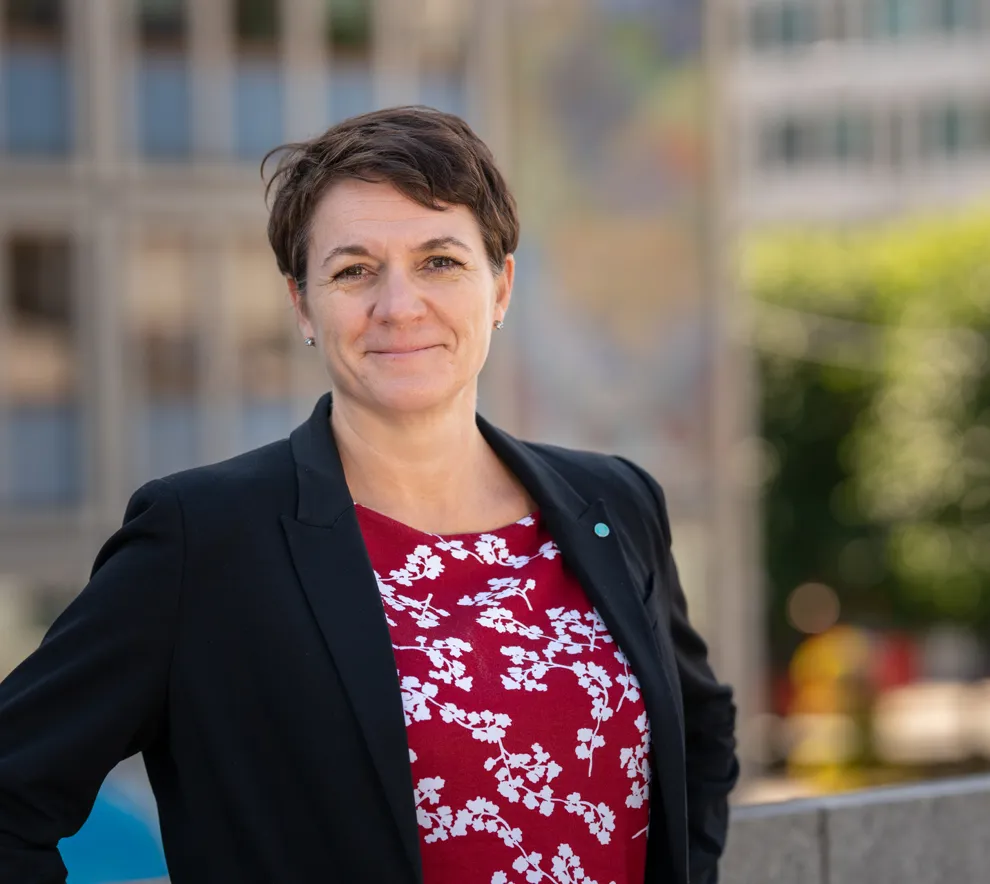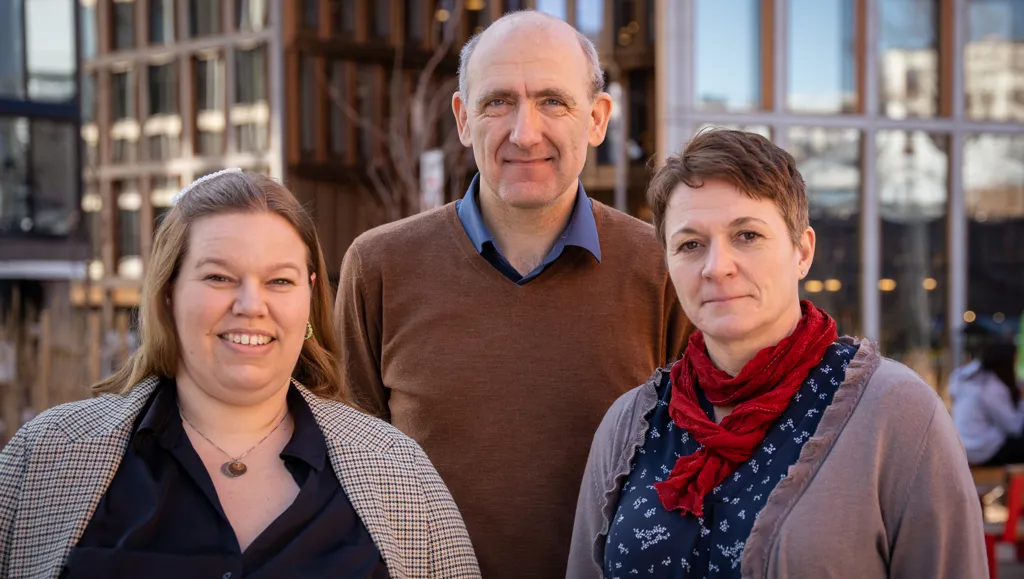
Salary settlement in Oslo municipality
The municipality of Oslo is both the city’s largest employer and one of the country’s largest employers; in this municipality, Tekna negotiates through Akademikerne.
Central negotiations take place between Oslo municipality and the confederations where Tekna is represented through its main organization, Akademikerne Municipal (Kommune). The agreement and economic framework for the settlement are centrally negotiated. The annual negotiation deadline is 1 May.
Tekna is represented in the municipal sector negotiations by Akademikerne. The committee in Akademikerne Kommune can ratify both the acceptance of a settlement and a strike. Tekna can also ratify a strike; in other words, each association can choose to strike on their own.
Oslo municipality is the only public sector employer that hasn’t modernized its payroll system for Akademikerne members.
In Oslo municipality all salary increases are generally given as additions to standard pay scales. Akademikerne and Tekna are demanding a new payroll system that includes local collective bargaining.
Local collective bargaining is important because it ensures that our members will receive a fair salary growth; in addition, it ensures that Oslo municipality will to a greater degree retain skilled employees with a high level of competency, thereby becoming able to compete with other employers.
Tekna’s opinion is that the organizations in Oslo municipality need the freedom to negotiate and that local collective bargaining will help them recruit and retain colleagues with a high level of academic competency. The municipality is currently being slowed down by an outdated payroll system; as a result, it’s struggling to safeguard a salary growth based on criteria including levels of responsibility, competency and value creation for its employees.
Every second year, the parties in collective bargaining agreements have a so-called main settlement and interim settlement. In main settlements, the entire agreement is open for negotiation and revision – in addition to wages. It is at this time that the collective bargaining area is reviewed. In contrast, only wages are negotiated in interim settlements. In connection with negotiating collective bargaining agreements, employees have the possibility of going on strike.
Before each salary settlement, the negotiating committees prepare for a possible strike. There are separate, centrally-based conflict preparedness committees that make preparations and emergency plans for the negotiating committees. They work all year long, making proposals about which workers should go out on strike long before settlements are reached. The negotiating committee makes the final decision about which members will go out on strike.
At each place where strikes are to take place, a local conflict preparedness committee is established. This committee helps ensure that the list of names for their organization is correct. If a strike is called, this committee becomes a strike committee that organizes all practical details affecting a strike in their organization.
Get the highest possible salary growth
Tekna’s chief negotiators are clear on one thing: Salary levels should be negotiated locally and collectively in order to ensure effective negotiations and the highest possible salary growth

